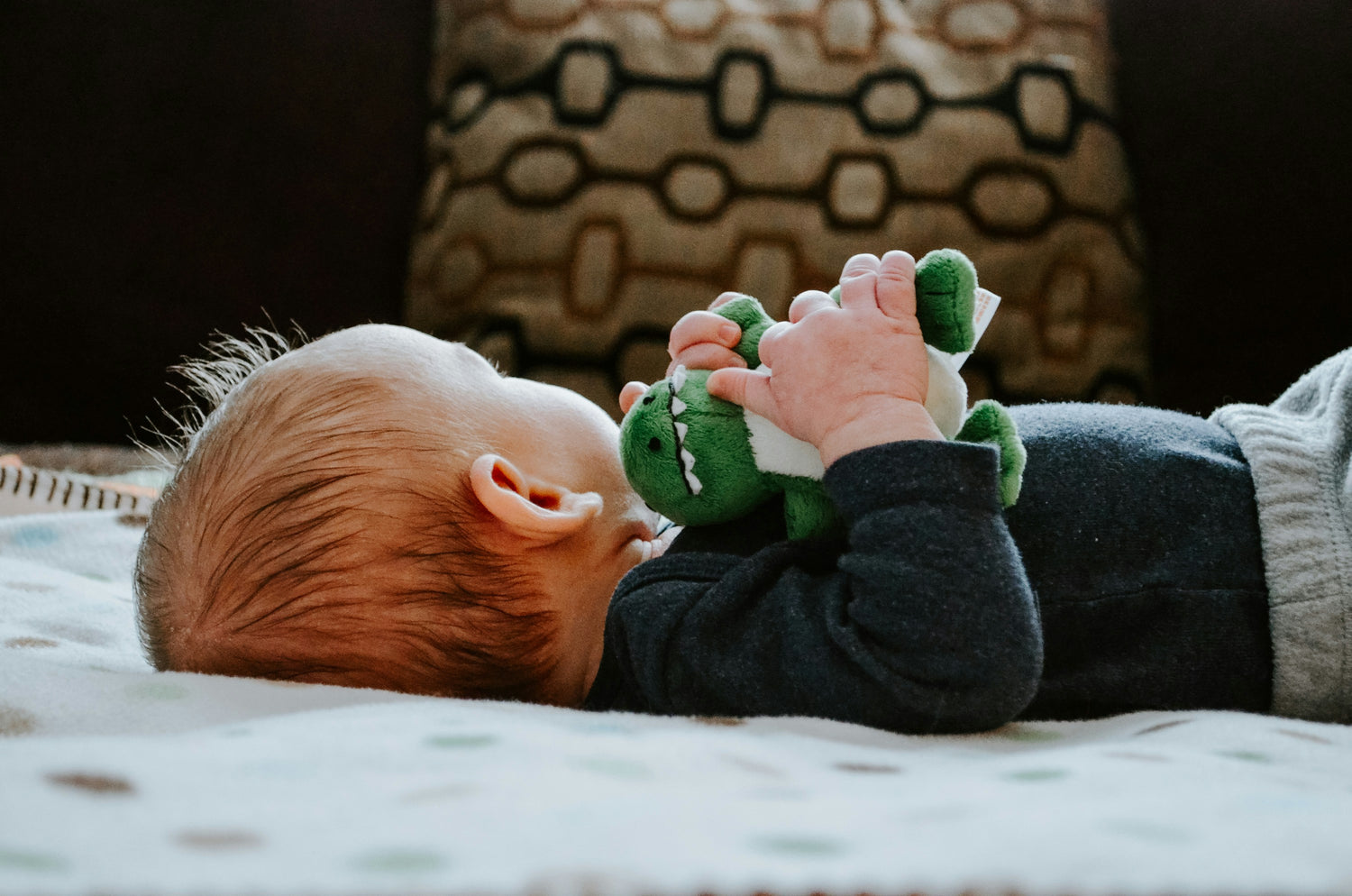Sleep is an essential pillar of health and well-being, particularly for children, as it directly influences their physical, cognitive, and emotional development. In Australia, where parenting trends are increasingly leaning towards holistic child-rearing, understanding the importance of sleep is critical for families. This article explores the profound impact of sleep on children's development, how much sleep they need at different ages, and practical ways to improve sleep quality. With expert-backed advice and practical tips, parents can ensure their children are getting the rest they need to grow and thrive.
Why Sleep Is Crucial for Children’s Development
Sleep plays a vital role in a child’s development by supporting their brain function, emotional well-being, and physical growth. During sleep, children’s bodies undergo crucial processes that affect their health, learning capabilities, and overall behaviour.
1. Cognitive Development
Sleep is a time when the brain processes and stores new information, making it essential for learning and memory retention. During the Rapid Eye Movement (REM) phase, which is especially critical in children, the brain strengthens neural connections and consolidates memories. Children who get sufficient sleep tend to perform better academically and exhibit improved problem-solving abilities, as their brains have adequate time to rest and process information.
A study by the University of South Australia showed that children who sleep for the recommended hours are more alert and have better cognitive outcomes than those who are sleep-deprived. This highlights the importance of a consistent and adequate sleep schedule in promoting optimal brain development.
2. Physical Growth
Growth hormones are primarily secreted during deep sleep, particularly in the non-REM (NREM) stages. These hormones are crucial for the development of bones, tissues, and muscles, and are key to children reaching their full growth potential. Insufficient sleep can disrupt the production of growth hormones, potentially stunting physical development.
Children also require sleep to maintain a healthy immune system. During deep sleep, the body repairs cells and produces proteins called cytokines, which are important for immune function. Therefore, children who get enough quality sleep are not only likely to grow taller and stronger but are also less susceptible to illnesses.
3. Emotional and Behavioural Stability
A lack of sleep does not just affect children physically; it also impacts their emotional and behavioural health. When children are sleep-deprived, they are more prone to irritability, mood swings, and behavioural issues such as hyperactivity and inattention. This is because the brain’s prefrontal cortex, responsible for emotional regulation, is affected by insufficient rest.
Establishing a consistent bedtime routine can help mitigate these issues. A predictable sleep schedule not only helps children feel secure but also ensures they are well-rested, which supports their ability to manage emotions effectively.

The Impact of Sleep Deprivation on Children
Sleep deprivation can have serious consequences for children, affecting them both in the short and long term. Here are some key impacts:
Physical Consequences of Lack of Sleep
- Growth Impairments: Without adequate sleep, the secretion of growth hormones is reduced, potentially leading to slower physical development.
- Weakened Immune System: Chronic sleep deprivation can weaken a child’s immune response, making them more susceptible to common illnesses such as colds and infections.
Cognitive and Emotional Effects of Poor Sleep
- Learning Difficulties: Children who don’t get enough sleep often struggle with concentration, memory, and overall academic performance.
- Increased Irritability: Lack of sleep affects mood, leading to irritability, stress, and behavioural issues such as increased aggression or hyperactivity.
How Much Sleep Do Children Really Need?
|
Age Group |
Recommended Sleep Duration |
|
Infants (0-12 months) |
12-16 hours (including naps) |
|
Toddlers (1-2 years) |
11-14 hours (including naps) |
|
Preschoolers (3-5 years) |
10-13 hours |
|
School-age (6-12 years) |
9-12 hours |

Tips to Improve Children’s Sleep Quality
There are several ways to improve sleep quality and create a sleep-friendly environment for children:
Establishing a Healthy Bedtime Routine
Creating a consistent bedtime routine helps children understand when it’s time to wind down and prepare for sleep. Activities like reading a book, taking a warm bath, or listening to calming music can signal to a child’s brain that it’s time to relax. Avoiding screens an hour before bedtime is crucial, as the blue light emitted from devices can interfere with melatonin production, making it harder for children to fall asleep.
Creating a Sleep-Friendly Environment
The environment in which children sleep plays a huge role in their sleep quality. Ensure the bedroom is dark, quiet, and cool to promote restful sleep. Investing in a quality mattress and pillows that provide support can also make a significant difference. Additionally, using breathable, organic sleepwear such as cotton pajamas can help regulate body temperature and prevent discomfort, promoting a full night of uninterrupted sleep.
Choosing the Right Sleepwear for Kids
Sleepwear is often overlooked but is crucial in ensuring a child gets quality sleep. Look for materials that are soft, breathable, and hypoallergenic. In Australia, brands like Purebaby, Bonds, and Nature Baby offer a range of organic cotton pajamas designed specifically for children's comfort.

How to Recognize and Address Sleep Disorders in Children
Some children may experience sleep disorders such as night terrors, sleep apnea, or restless leg syndrome, which can interfere with their sleep quality. It’s important to monitor signs such as loud snoring, excessive daytime sleepiness, or difficulty staying asleep, and consult a healthcare professional if these issues persist. Early intervention and treatment can significantly improve a child’s sleep and overall quality of life.
Conclusion
Sleep is an integral part of a child’s growth and development, affecting everything from physical growth to cognitive and emotional health. By understanding the importance of sleep and taking steps to create a sleep-friendly environment, parents can set their children up for a lifetime of healthy sleep habits and optimal development. From choosing the right sleepwear to establishing consistent bedtime routines, the small steps taken today can have a profound impact on a child’s future health and happiness.


